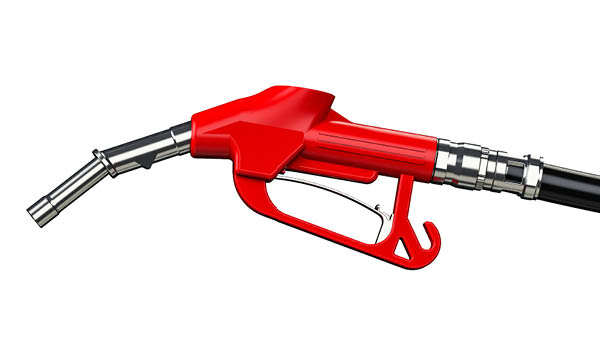Australian Competition and Consumer Commission chairman Rod Sims has urged motorists to shop around now to find the best deal before price cycles push petrol prices higher.
Recent, largely OPEC-inspired, increases in wholesale petrol prices have seen petrol prices increase in Sydney, and the ACCC is concerned that prices in Melbourne, Brisbane and Adelaide may increase in coming days.
The ACCC has advised motorists to shop around and consider filling their tanks before prices jump. The ACCC recommends consumers use information on price cycles (such as that available on the ACCC website) to determine the best time to purchase petrol. Fuel price apps can also assist motorists to determine lower priced sites in their area.
“While petrol prices are increasing in Sydney there are still sites with low prices, and motorists can make significant savings by using tools such as the Fuelcheck website to shop around,” Mr Sims said.
“Motorists are advised to consider purchasing now when petrol prices are relatively low or have not yet reached their peak, and not wait until they need to fill up.”
According to ACCC analysis of petrol sales, demand for petrol is higher in the weeks prior to Christmas and falls significantly afterwards. Although demand for petrol is relatively low in early-January, it picks up again in late-January.
In Perth, which has regular weekly price cycles, prices are generally at their lowest on a Monday and peak on a Tuesday.
ACCC monitoring of petrol prices in Sydney, Melbourne, Brisbane and Adelaide in recent weeks indicates that these cities have shown similar patterns of a peak followed by a long period of slowly decreasing prices. While this pattern has varied between cities, all have recently experienced price decreases.
“While price drops over the Christmas period provided some relief for motorists, this followed some of the highest price peaks of the year. Motorists were still paying relatively high prices during the lead-up to Christmas which coincides with the peak in annual petrol demand,” Mr Sims said.
“This was particularly the case in Brisbane, which continues to have the highest average prices of the five largest cities.”
Wholesale petrol prices, reflected in terminal gate prices (TGPs), are currently at their highest levels since September 2015, due to increases in international crude oil and refined petrol prices. These followed the announcement in late-November 2016 of an agreement by the OPEC cartel to limit production, and a subsequent announcement in mid-December 2016 of an agreement between the OPEC cartel and a number of non-OPEC countries (including Russia) to reduce production. Australian wholesale prices also increased following a decrease in the Australian/US dollar exchange rate.
“Along with the falling exchange rate, the OPEC agreements are the primary reason for increases in wholesale petrol prices over the past six weeks and why motorists are likely to see higher petrol prices in the near future,” Mr Sims said.
“The OPEC cartel, therefore, continues to cause Australian motorists to pay much more for petrol than they should.”

